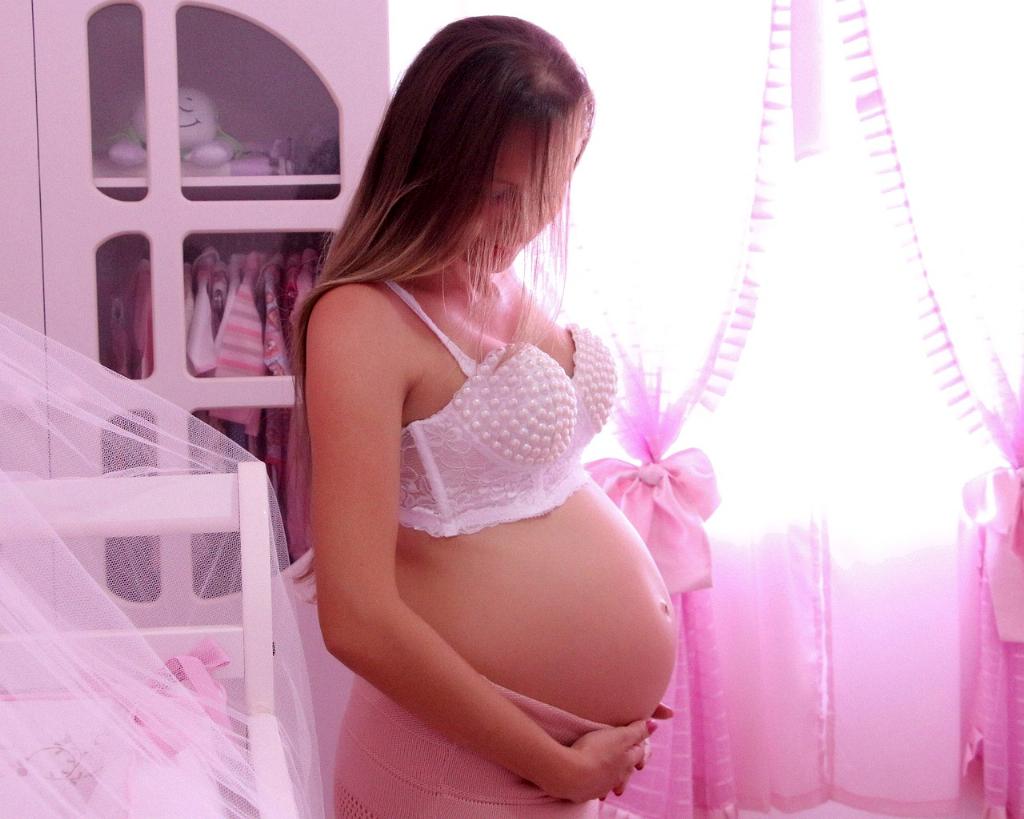When it comes to the question of whether someone can have a positive pregnancy test with a false pregnancy, the answer is yes. This phenomenon, known as a false positive, can occur due to various reasons, one of which is a chemical pregnancy. It is essential to delve deeper into the intricacies of this occurrence to gain a better understanding.
Exploring False Positives
A false positive pregnancy test result can be a perplexing and emotional experience for individuals. It occurs when a pregnancy test indicates that a person is pregnant when, in reality, they are not. This can lead to confusion and uncertainty regarding one’s reproductive health.
What is a Chemical Pregnancy?
A chemical pregnancy is a specific type of early pregnancy loss that occurs shortly after implantation. In a chemical pregnancy, a fertilized egg implants in the uterus but does not develop into a full-term pregnancy. This can result in a positive pregnancy test followed by a subsequent negative test.
Variables Impacting Pregnancy Test Results
Several factors can influence the accuracy of a pregnancy test, leading to false positive results. These factors include the timing of the test, the sensitivity of the test kit used, as well as certain medications or medical conditions that can interfere with the hormone levels detected by the test.
Risk Factors for False Positives
Individuals who are undergoing fertility treatments or have a history of pregnancy complications may be at a higher risk for experiencing false positive pregnancy test results. It is crucial for these individuals to consult with a healthcare provider to confirm their pregnancy status accurately.
Emotional Impact of False Positives
Experiencing a false positive pregnancy test result can evoke a range of emotions, including excitement, confusion, disappointment, and anxiety. It is essential for individuals in this situation to seek support and guidance from healthcare professionals to navigate this challenging time.
Confirming Pregnancy Status
If an individual receives a positive pregnancy test result and is uncertain about its accuracy, it is recommended to follow up with a healthcare provider for further testing. Blood tests and ultrasound examinations can provide more definitive confirmation of pregnancy status.
Importance of Emotional Support
Dealing with the uncertainty of a false positive pregnancy test result can be emotionally taxing. It is crucial for individuals to prioritize self-care, seek emotional support from loved ones, and communicate openly with healthcare providers about their concerns and feelings.
Seeking Professional Guidance
Healthcare professionals, including obstetricians, gynecologists, and reproductive specialists, play a vital role in guiding individuals through the complexities of pregnancy testing and interpretation. Consulting with a trusted healthcare provider can provide clarity and reassurance in uncertain situations.
Education and Empowerment
Empowering individuals with knowledge about the potential factors that can influence pregnancy test results can help them make informed decisions about their reproductive health. Education about false positives and chemical pregnancies can promote understanding and reduce anxiety surrounding pregnancy testing.
Conclusion
In conclusion, the possibility of receiving a positive pregnancy test result with a false pregnancy does exist, primarily due to factors such as chemical pregnancies and testing variables. Understanding the nuances of pregnancy testing, seeking professional guidance, and prioritizing emotional well-being are essential steps in navigating the complexities of reproductive health.

